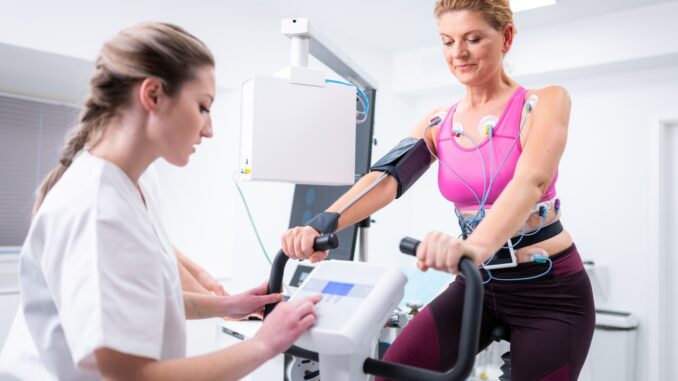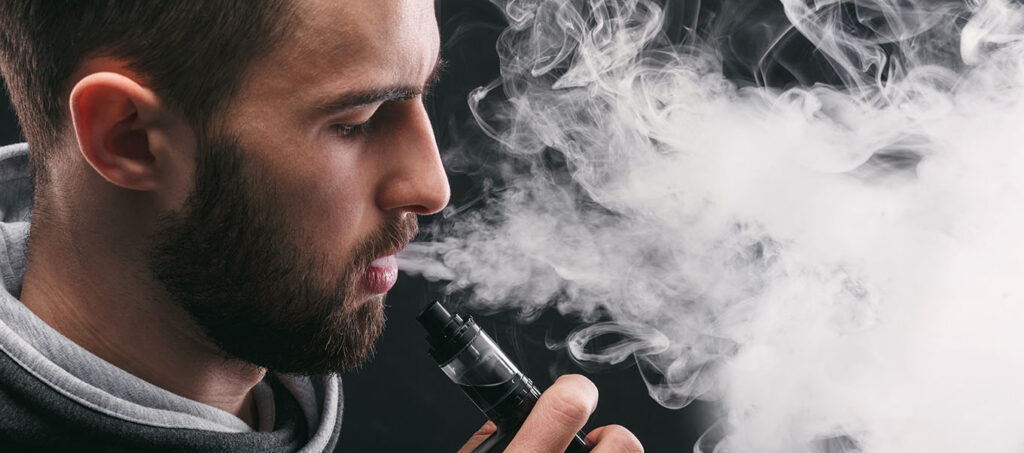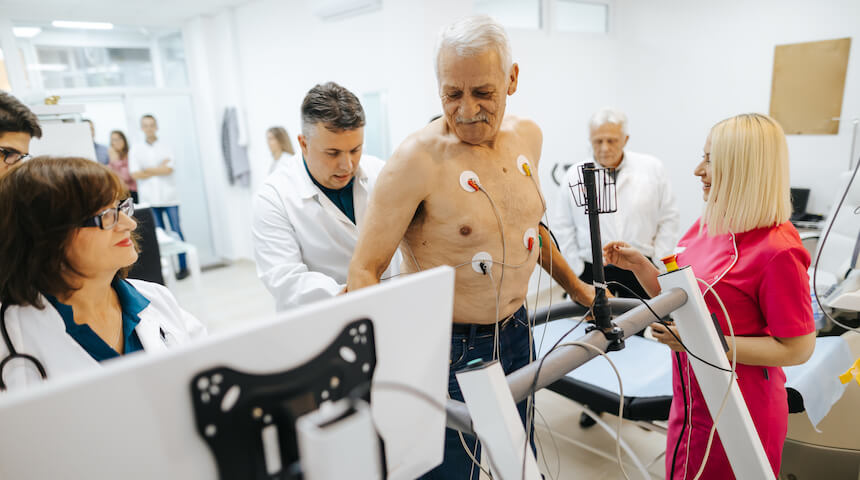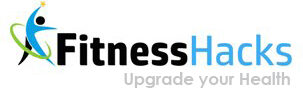
Getting ready for a stress test, also known as a cardiac stress test, involves preparing yourself physically and mentally for the examination.
Stress tests are commonly used to assess the performance of your heart and identify any potential cardiac issues (1).
First and foremost, make sure to carefully follow your doctor’s instructions on how to prepare for the stress test. You should inform your doctor about any medical conditions, allergies, or concerns you have before the test.
Here are some general guidelines to help you get ready for a stress test and what to avoid:
1. Say No to Meals
Don’t eat a heavy meal immediately before the test.
It’s generally recommended to fast for 4-6 hours prior to the test, but follow your doctor’s specific instructions regarding fasting.
If you are diabetic, you may have to adjust your insulin intake. So make sure to discuss the matter with your doctor. You can keep some snacks handy to eat after the stress test.
2. No Caffeine Kicks

Since caffeine can affect your heart rate, you should avoid consuming caffeine products for at least 24 hours before the test (2). Sadly, that means no chocolates too.
Avoid energy drinks are these tend to be highly caffeinated. Coffee, tea, energy drinks, and energy bars all make it to this banned list.
3. Avoid Certain Medications
Your doctor might instruct you to discontinue certain medications before the test, especially beta-blockers or other heart-related medications.
4. Avoid Dehydration
It’s important to stay hydrated, so drink plenty of water up till a few hours before the test -as advised by your doctor.
5. No Vigorous Exercise
Refrain from strenuous physical activity on the day of the test, as it may affect the test results.
6. No Nicotine Kicks Either

If you plan on taking a stress test, you should refrain from smoking or using any tobacco or nicotine products. This includes e-cigarettes, vapes, and nicotine gums/patches.
And no, you can’t have any alcohol, weed, or cannabis either! Smoking, especially on the day of the test, can affect your heart and lung function.
7. Avoid Stress and Sleep Well Before the Stress Test
Get a good night’s sleep before the test, and try to reduce stress and anxiety as much as possible. Stress and anxiety can affect your heart rate and blood pressure during the test.
8. Avoid Wearing Restrictive Clothing for the Treadmill Test
You’ll probably be asked to change into a hospital gown that allows easy access to your chest for electrode placement. Wear comfortable clothes that are easy to take off and put on.
Also, remember to wear suitable shoes for the treadmill exercise.
FAQs on Cardiac Stress Test
1. What not to do before a heart test?
- Do not eat anything 3 to 5 hours before the heart test.
- Do not smoke or use any stimulants such as nicotine
- Avoid having caffeine for 24 hours before the test.
- Avoid certain medications as advised by your doctor
- Avoid vigorous physical activity in the 24 hours leading up to the test.
- Avoid wearing restrictive clothing for the treadmill stress test
2. Can anything go wrong during a cardiac stress test? Any risks for the stress test?

There are some risks. However, you can rest assured that your medical team is equipped to address such risks and will stop the test if necessary.
- Arrhythmias: Stress tests are designed to put your heart under increased stress, and this can sometimes lead to certain complications, such as arrhythmias (irregular heartbeats) or chest pain.
- High blood pressure: Your blood pressure may increase significantly during the test, leading to high blood pressure or hypertension-related complications.
- Injuries: If you have mobility issues or balance problems, there is a risk of falling or sustaining an injury during a treadmill stress test.
- Medication side effects: In a medication-induced stress test, some people may experience side effects or adverse reactions to these medications, though this is relatively rare.
- Allergic reactions: In rare cases, a person may have an allergic reaction to the electrodes or other substances used during the test.
3. What causes you to fail a stress test?
Failing a stress test can result from not meeting exercise criteria, experiencing significant symptoms, exhibiting abnormal ECG changes, or severe blood pressure fluctuations during the test. It may suggest underlying cardiovascular issues.
It is important to note that the results of a stress test are not necessarily a pass or fail, but rather a diagnostic tool to provide information about your cardiovascular health.
4. Can I drink milk before a stress test?
Dairy products are usually not recommended in the 24 hours leading up to your test.
5. Can I eat on the morning of my stress test?
You can probably have a light snack if there is enough time before your test. It’s ideal to fast for 3 to 5 hours before the test.
You can confirm this with the doctor while making your appointment and follow his advice.
6. Does drinking water affect a stress test? Why can’t you drink water before a stress test?
You should avoid caffeinated drinks in the 24 hours leading up to your test. But you should drink plenty of water and stay hydrated.
However, it is best to refrain from drinking water for about two to three hours before your test. This may help prevent nausea and the need to urinate during the test.
Before You Go…
You should be prepared for some physical exertion during the test. Depending on your overall health and condition, you may be asked to exercise on a treadmill or stationary bicycle.
If you have mobility issues, a medication-induced stress test (using medications to simulate exercise) may be recommended.
Follow your doctor’s instructions to prepare for the cardiac stress test. Remember to avoid heavy meals and stimulants such as tobacco or nicotine before the test.
You should avoid caffeinated drinks, but stay hydrated. Sleep well, start stress-free, and come well-prepared to pass your stress test with flying colors.
Read more articles on ‘Stress’:
Part 1: Your Stress Survival Guide: Cracking the Code of Stress and Cortisol
Part 2: The Top 5 Ways Stress Affects Digestive Health (And What To Do About It)
